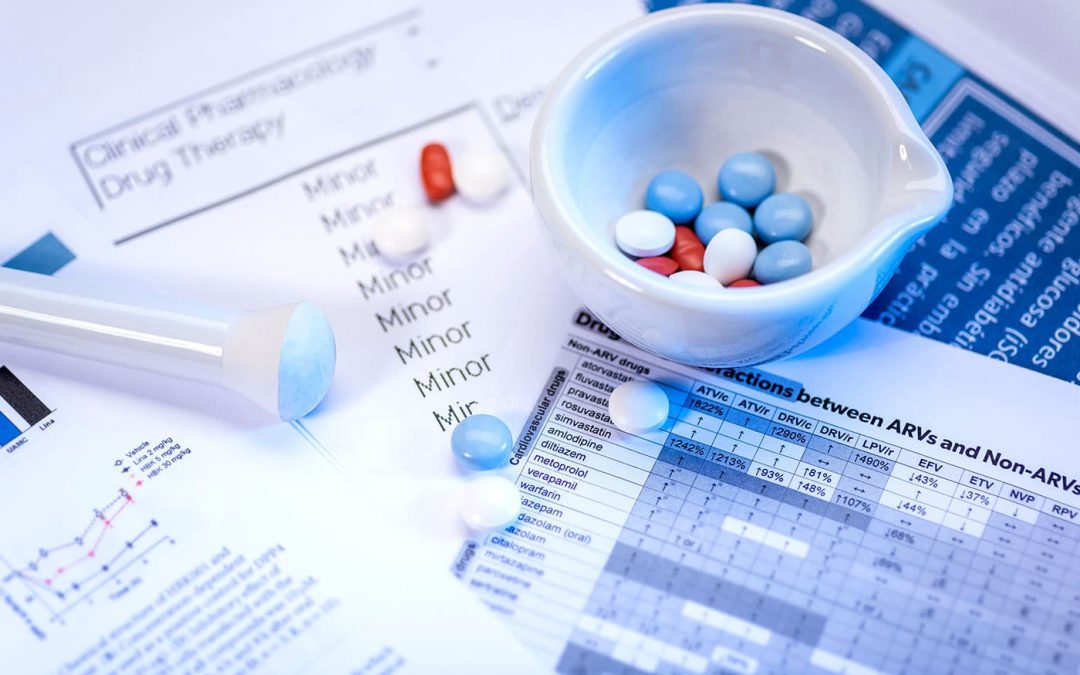Pharmacovigilance is the detection, assessment, understanding, and prevention of adverse effects of drug products, including pharmaceutical products such as prescription medications, over-the-counter drugs, vaccines, biologics, and medical devices.
Pharmacovigilance plays an important role in ensuring the safety of the drugs and other products used in healthcare. The pharmacovigilance process includes data collection, which involves collecting information on adverse events and drug-related problems from various sources, including healthcare professionals, patients, clinical trials, and others. An adverse event is considered valid only if the event name is mentioned; otherwise, it is not valid.
The collected data are sorted out and analyzed by pharmacovigilance officers to identify the potential safety events. Sometimes, further investigation is needed after the detection of an event. The signals are evaluated in terms of seriousness, causality, and potential risk. Safety concerns are confirmed, and regulatory agencies and pharmaceutical companies work together to manage the risk. This may involve changes in labeling, warnings, product recalls in specific batches, or even withdrawal from the market.
Pharmacovigilance is important in ensuring safety, including:
Detection of adverse events
Assessment and Evaluation
Understanding the Safety Profile
Risk Minimization
Regulatory Compliance
Public Health Protection
Continuous Monitoring
Global Collaboration
Patient and Healthcare Provider Education


